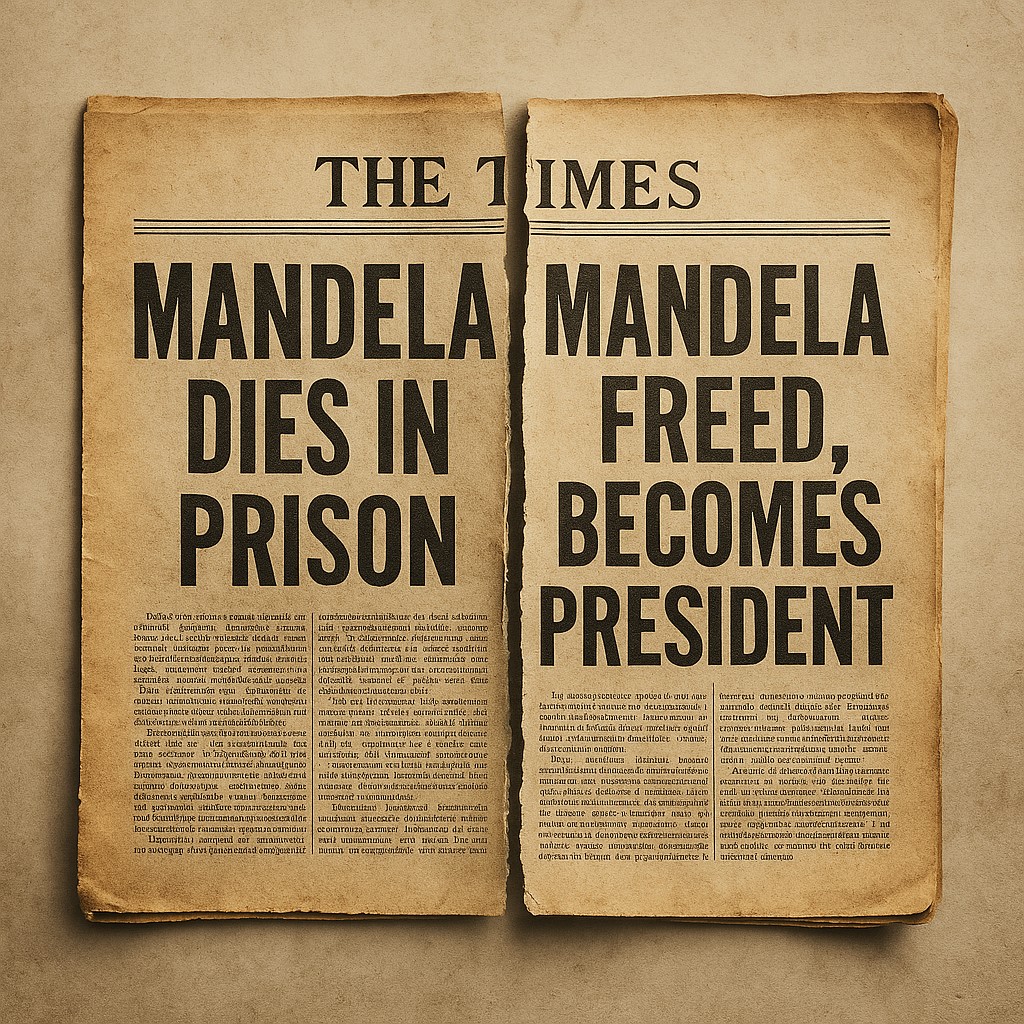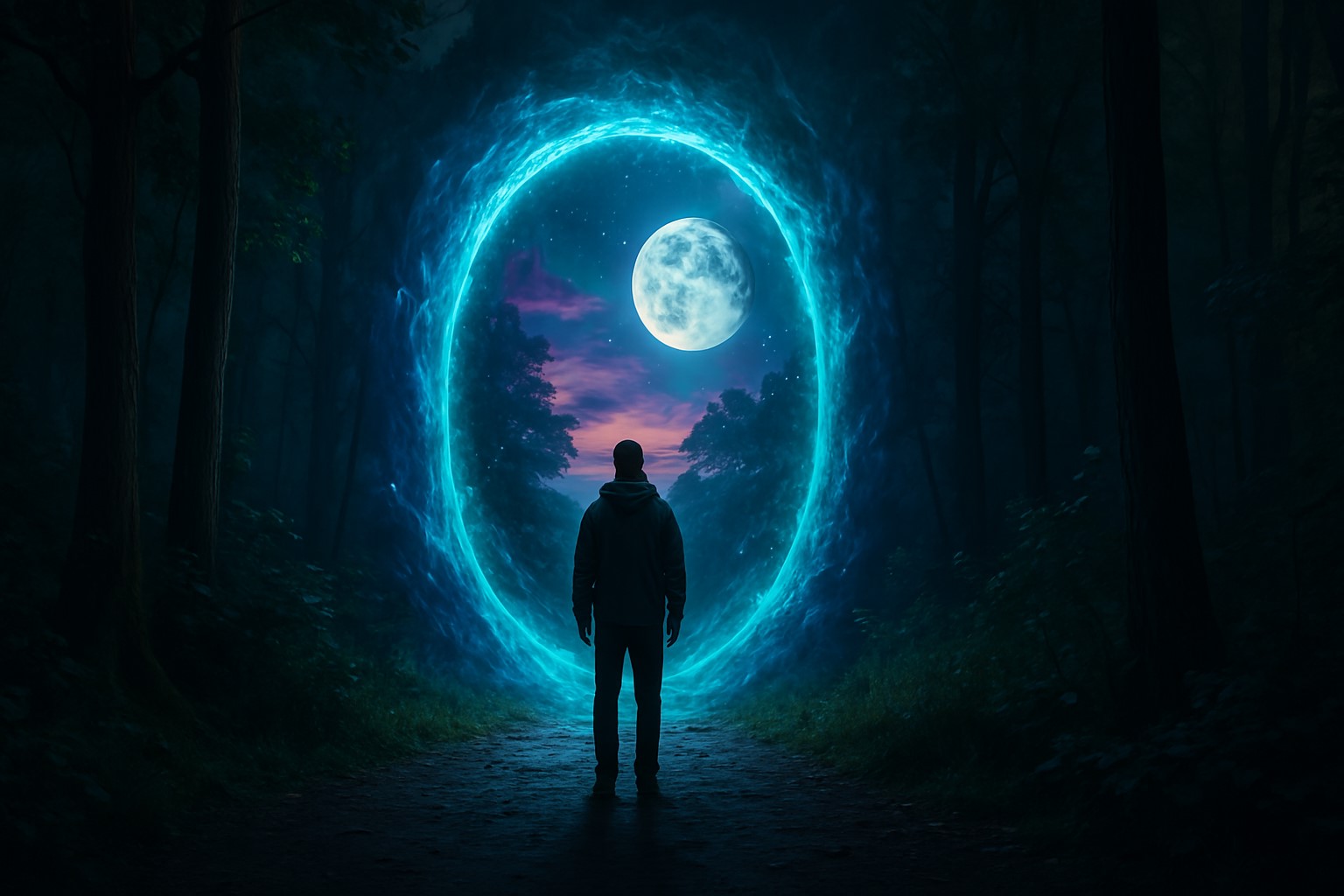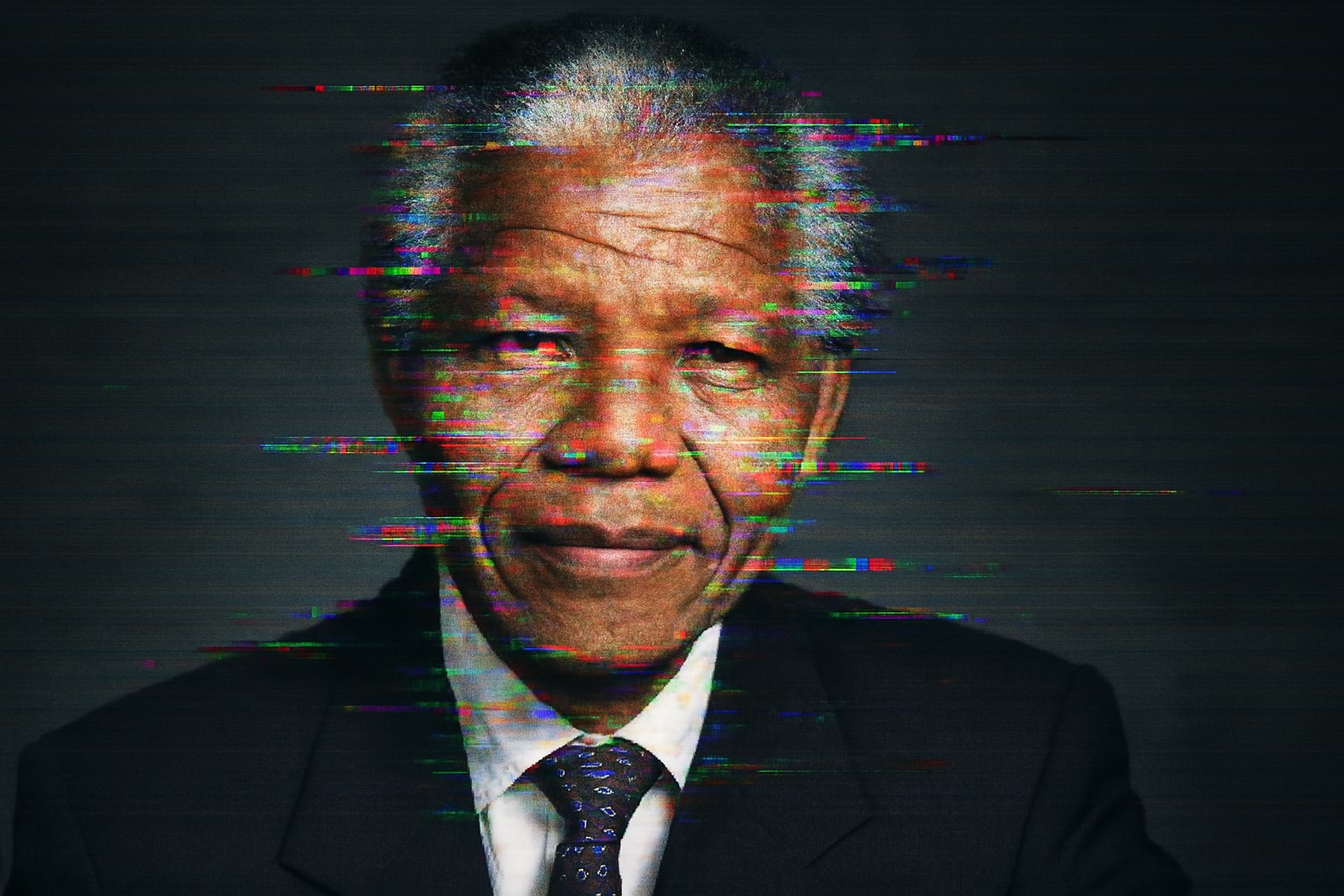The Mandela Effect is a fascinating phenomenon where large groups remember events or details differently than they occurred. Named after Nelson Mandela, its origins link to the false collective memory that he died in the 1980s, despite his death occurring in 2013. Let’s explore this mystery and why it captures the imagination of so many.
What Is the Mandela Effect?
The term “Mandela Effect” was coined by Fiona Broome in 2009. She discovered that many shared her false memory of Nelson Mandela’s death. The concept quickly sparked widespread interest because it tapped into something people often experience: memories that seem so real yet are historically incorrect. The Mandela Effect refers to these collective false memories, where significant numbers of people remember things that never happened.

The Psychology Behind False Memories
To understand the Mandela Effect, it’s essential to delve into the psychology of memory. Memories are not static; they can change over time. Our brains sometimes fill gaps in our memories with incorrect details. This can be influenced by social cues, repeated exposure to incorrect information, or even our individual biases.
Memory experts explain that every time you recall an event, your brain rebuilds it, like reconstructing a puzzle. This reconstruction process can inadvertently introduce errors, leading to false memories. Thus, the more often an incorrect memory is remembered and shared, the more entrenched it becomes.
Examples of the Mandela Effect
Many examples of the Mandela Effect have gone viral, as they’ve struck a common chord among people worldwide. These examples have varied causes but consistently captivate anyone intrigued by the quirks of human memory.
Iconic Misquote: “Luke, I Am Your Father”
One infamous instance of the Mandela Effect involves the film Star Wars: The Empire Strikes Back. Fans quote the iconic line as “Luke, I am your father.” However, the actual line is, “No, I am your father.” This misquote persists despite millions having seen the movie repeatedly.
Curious Case of the Berenstain Bears
Another classic example involves the beloved children’s book series, The Berenstain Bears. Many people remember the series being named “Berenstein Bears.” The incorrect spelling is so embedded in memories that people refuse to believe the correct version was always “Berenstain.”
Monopoly and the Missing Monocle
Among the quirky examples is the belief that the Monopoly Man, Rich Uncle Pennybags, wears a monocle. In reality, he has never worn one. Yet, this misconception endures, likely due to the resemblance to other characters from popular culture who do wear monocles.
Theories Explaining the Mandela Effect
Several theories attempt to explain why the Mandela Effect occurs. While some are scientific, others are more speculative, often touching on themes of an alternate reality or parallel universes.
Science and Cognitive Explanations
Cognitive psychology often explains the Mandela Effect through concepts like memory distortion and source monitoring errors. When recalling memories, the source of the information may be mistaken, blending new information with original memories and leading to errors.
Another explanation is the social amplification of misinformation. When a large group of people repeatedly share the same incorrect memory, it reinforces its credibility and solidifies it as fact in the minds of others.
Alternate Reality and Multiverse Theories
Some people find the idea of alternate realities or parallel universes compelling. They speculate that the Mandela Effect may be evidence of these realities intersecting. Though there is no scientific basis for these claims, they’re fascinating propositions that spark imaginations and discussions online.
One alluring notion is that people may have once existed in a parallel universe where events occurred differently and somehow retain these memories. It’s an exciting concept, but without scientific evidence, it remains a hypothesis within science fiction.

Social Media and the Viral Nature of the Mandela Effect
The rise of social media has played a significant role in elevating awareness of the Mandela Effect. Platforms like Reddit, YouTube, and Twitter enable widespread sharing and discussion, allowing these false memories to reach a vast audience rapidly.
Social media users often engage in interactive posts challenging others to identify incorrect memories versus what really happened. These interactions can lead to collective “aha” moments, further fueling the viral nature of the Mandela Effect.
Influence of Pop Culture
Pop culture significantly contributes to the Mandela Effect. Movies, television, and literature all have the power to shape and reinforce collective memories. Misquotes or incorrect plot details from popular media sometimes overshadow the truth, resulting in large-scale false memories.
For instance, marketing campaigns and spoof references that slightly alter original lines or plot points can reinforce incorrect information, contributing to its spread and eventual collective misremembering.
Why We Hold on to False Memories
Despite evidence to the contrary, people can hold on to false memories stubbornly. But why do we do this? The answer lies in the complexity of human cognition and emotion.
The Comfort of Certainty
Memories form an integral part of personal identity. They provide a sense of continuity and certainty about who we are. When memories are challenged, it creates cognitive dissonance, a psychological discomfort prompting us to fit contradictory information into our existing beliefs.
Holding onto inaccurate memories can be easier than accepting corrections. The reassurance of familiar narratives often outweighs the unsettling possibility of being wrong about our past perceptions.
Social Reinforcement
When people encounter others who share the same false memory, it reinforces their belief. Shared experiences and collective memories contribute to social cohesion, which could explain why false memories like those in the Mandela Effect persist even in diverse groups.
Exploring the Line Between Memory Fallibility and Reality
The Mandela Effect raises intriguing questions about the nature of reality and memory. Memory is subjective and unreliable, yet it plays a crucial role in forming our perception of truth. The Mandela Effect showcases how easily we can make mistakes in recalling particulars, even significant historical details.
As we try to differentiate between memory fallibility and the actual events of the past, the conversations sparked by the Mandela Effect encourage a deeper understanding of human cognition and our relationship with reality.
Though seemingly trivial at times, exploring why such false memories occur can provide insights into broader cognitive processes, offering opportunities for exploration into the mechanics of memory and social influence.
A Fascinating Mystery
The Mandela Effect remains a captivating cultural and cognitive mystery. It captivates imaginations while inviting us to question how our minds work and perceive reality. Whether you’re a skeptic or an enthusiast, engaging with the Mandela Effect encourages a deeper appreciation of the intricate and sometimes fallible world of human memory.




